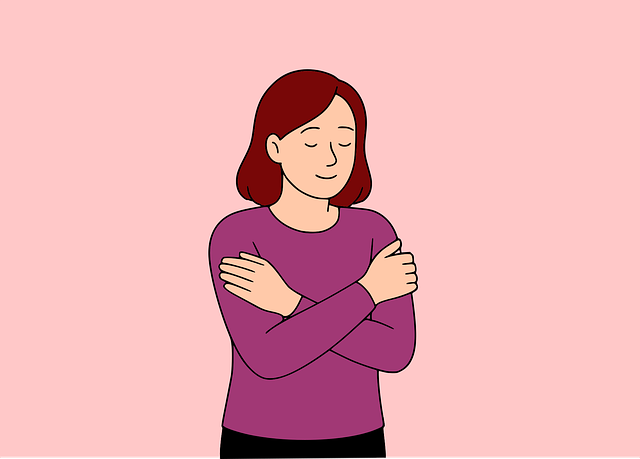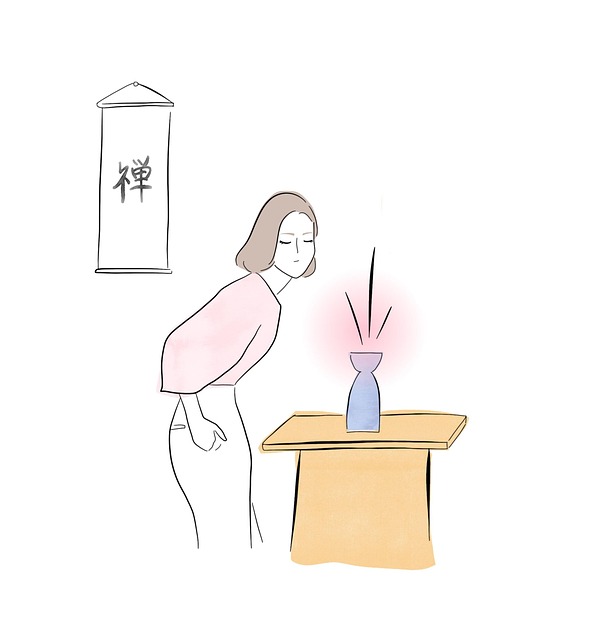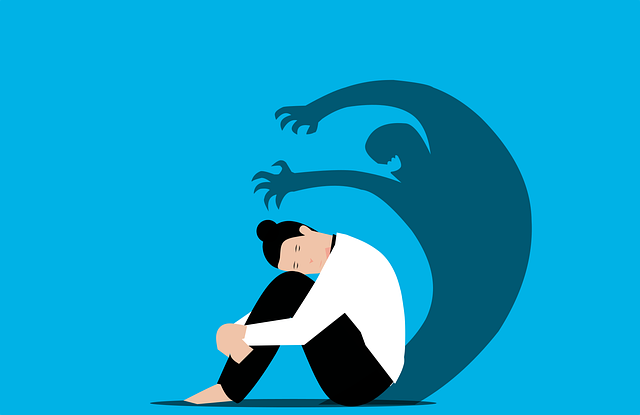Lafayette Child Abuse Therapy tackles burnout in healthcare by offering specialized strategies for providers, including Social Skills Training and Stress Management Workshops. They emphasize proactive self-care through holistic practices like exercise, sleep, and nutrition to build resilience. Community outreach and peer support networks, along with mental wellness journaling, provide emotional relief and self-awareness. The therapy center prioritizes staff well-being through collaborative initiatives, open communication, tailored support, and mental wellness programs, ultimately enhancing healthcare delivery sustainability.
Burnout among healthcare providers is a growing concern, impacting not only individuals but also patient care and organizational performance. This article explores effective strategies to prevent burnout, drawing insights from Lafayette Child Abuse Therapy’s successful approach. We’ll delve into recognizing early warning signs, emphasizing self-care practices, and creating supportive work environments. By implementing these tactics, healthcare organizations can foster resilience among their staff, ensuring quality care and a thriving professional culture, as demonstrated by Lafayette Child Abuse Therapy’s exemplary efforts.
- Recognizing Burnout Signals in Healthcare Providers
- Implementing Effective Self-Care Practices
- Building Resilient Work Environments at Lafayette Child Abuse Therapy
Recognizing Burnout Signals in Healthcare Providers

Burnout is a significant concern within the healthcare industry, impacting not only the well-being of providers but also patient outcomes. Recognizing the early signs of burnout among healthcare professionals is crucial for implementing effective prevention strategies. Often, burnout manifests as a gradual decline in job satisfaction and emotional resilience. Healthcare providers may exhibit increased irritability, cynicism towards patients or colleagues, and a sense of detachment from their work. Physical symptoms like chronic fatigue, insomnia, and changes in appetite can also signal underlying stress and burnout.
At Lafayette Child Abuse Therapy, we understand the unique challenges faced by healthcare workers. Our organization offers specialized Burnout Prevention Strategies for Healthcare Providers, including Social Skills Training and Stress Management Workshops. These initiatives aim to equip professionals with tools to manage stress, improve communication, and enhance their overall resilience, thereby fostering a healthier work environment.
Implementing Effective Self-Care Practices

In the high-pressure environment of healthcare, burnout is a significant concern for providers. Implementing effective self-care practices is a proactive approach to mitigate this issue. Medical professionals should prioritize activities that nurture their physical and mental well-being, much like the compassionate care they offer their patients. This includes regular exercise, sufficient sleep, and healthy eating habits, which form the foundation for resilience against stress. Moreover, integrating coping skills development into daily routines can help healthcare providers navigate challenging situations more effectively.
Beyond individual efforts, community outreach program implementation can foster a supportive network. Encouraging peer-to-peer support and group discussions, similar to what Lafayette Child Abuse Therapy promotes, can offer valuable perspectives and emotional relief. Additionally, mental wellness journaling exercises can serve as an outlet for processing experiences, fears, and victories. This guidance allows healthcare providers to reflect on their journey, enhancing self-awareness and promoting a healthier work-life balance.
Building Resilient Work Environments at Lafayette Child Abuse Therapy

At Lafayette Child Abuse Therapy, we recognize that building resilient work environments is paramount to preventing burnout among our healthcare providers. Our commitment to fostering a supportive and nurturing atmosphere starts with regular staff meetings where open communication and collaboration are encouraged. Through these sessions, we discuss challenges, share best practices, and implement strategies tailored to each individual’s needs, ensuring everyone feels heard and valued.
Furthermore, we promote mental wellness through initiatives like Public Awareness Campaigns Development, which raises awareness about burnout prevention. Encouraging providers to engage in Mental Wellness Journaling Exercises provides them with a safe space to reflect on their experiences, process emotions, and develop coping mechanisms. This guidance not only enhances self-care but also strengthens our team’s resilience, ultimately contributing to a more sustainable and effective healthcare delivery system at Lafayette Child Abuse Therapy.
Burnout among healthcare providers is a pressing issue, but through proactive strategies like those exemplified by Lafayette Child Abuse Therapy—from recognizing burnout signals early to implementing robust self-care practices and cultivating resilient work environments—we can foster a healthier, more sustainable workforce. By prioritizing these measures, we not only enhance provider well-being but also ensure better patient care and outcomes in the long run.














